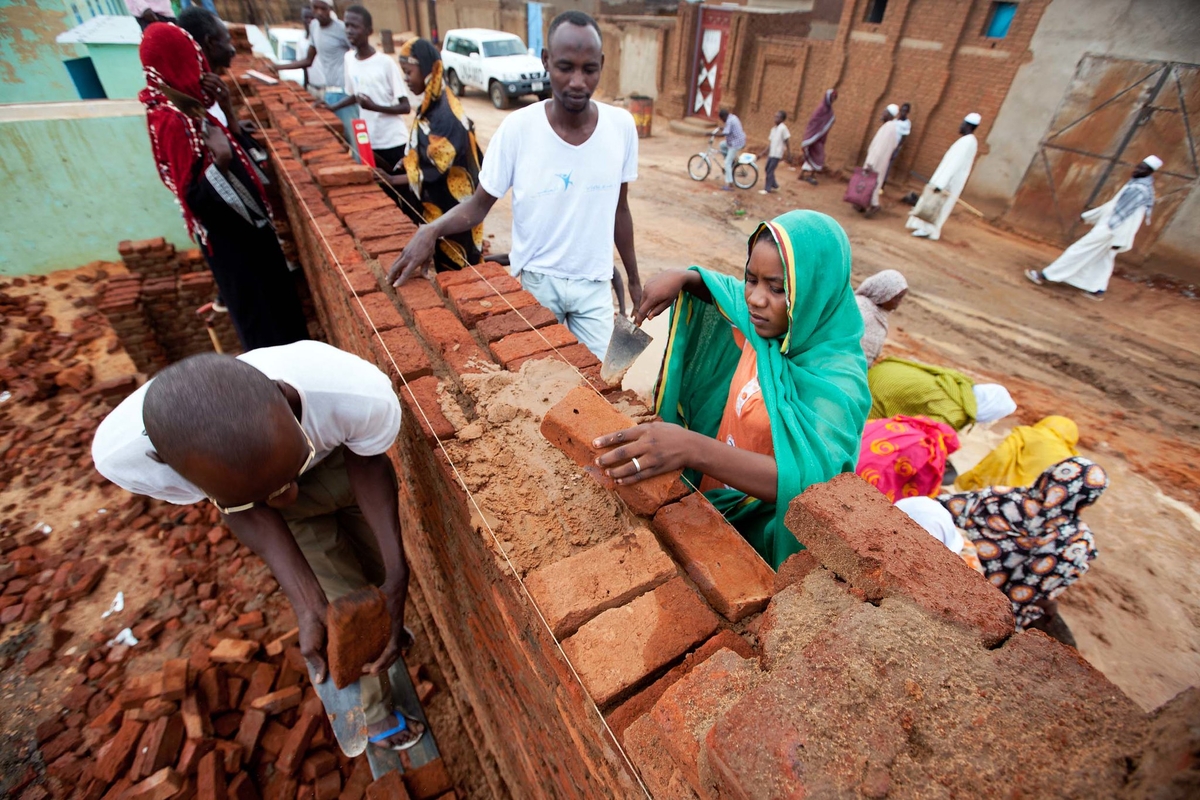The forthcoming decades will witness a surge in urban construction, particularly in the form of incremental upgrading and makeshift homes across the Global South.

Given the alarming contribution of the built environment to CO2 emissions, standing at almost 40 per cent, and the imminent depletion of the CO2 budget for this sector, a strategic focus on sustainable construction is indispensable to achieve the ambitious target of limiting global warming to 1.5 degrees Celsius.
Against this background, Cities Alliance has been exploring how the circular economy can benefit residents in cities, especially those living and working in the informal sector.
We focus on the connections between sustainable building, gradually improving informal settlements and innovative building methods.
We have invited members and partners to join a working group to discuss challenges, identify opportunities, and plan how individuals in informal settings can be part of sustainable construction.
This position paper is the first outcome of the working group. The publication seeks to spotlight alternative, circular, and low-carbon construction methods while advocating for their simultaneous attractiveness and affordability. It underscores the importance of supporting sustainable construction through political frameworks and regulations, thereby fostering the creation of more resilient and environmentally friendly buildings and infrastructure in cities.
The paper prioritises inclusivity and equity, emphasizing the responsibility of governments in establishing regulations that foster sustainable construction.
It delves into overarching themes like secure land tenure, policy regulations, community leadership, and incremental housing to underscore that sustainable construction is integral to a more holistic just transition in the construction of value chains.
The circular economy principles and their role in the construction sector take centre stage in the paper, identifying five potential entry points for a sustainable future of construction in informal settlements:
- Affordability
- Environmental sustainability
- Desirability
- Scalability
- Inclusivity
By cross-fertilizing ideas and fortifying the narrative of a just transition, Cities Alliance aims to contribute significantly to the sustainable construction discourse in our rapidly urbanising world.






